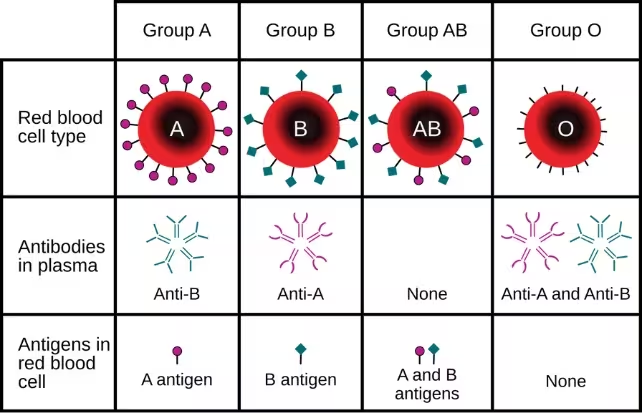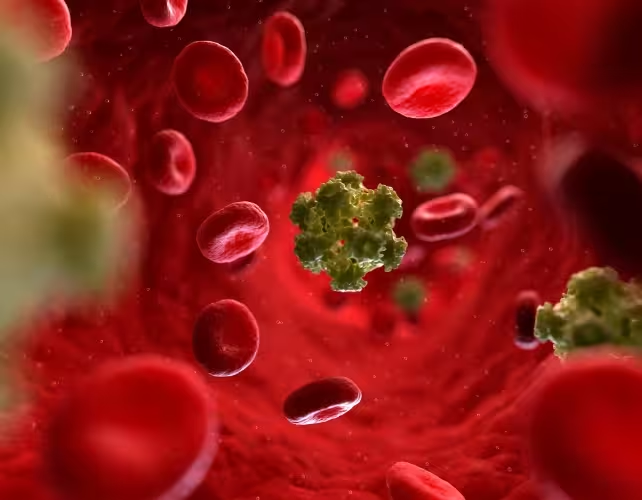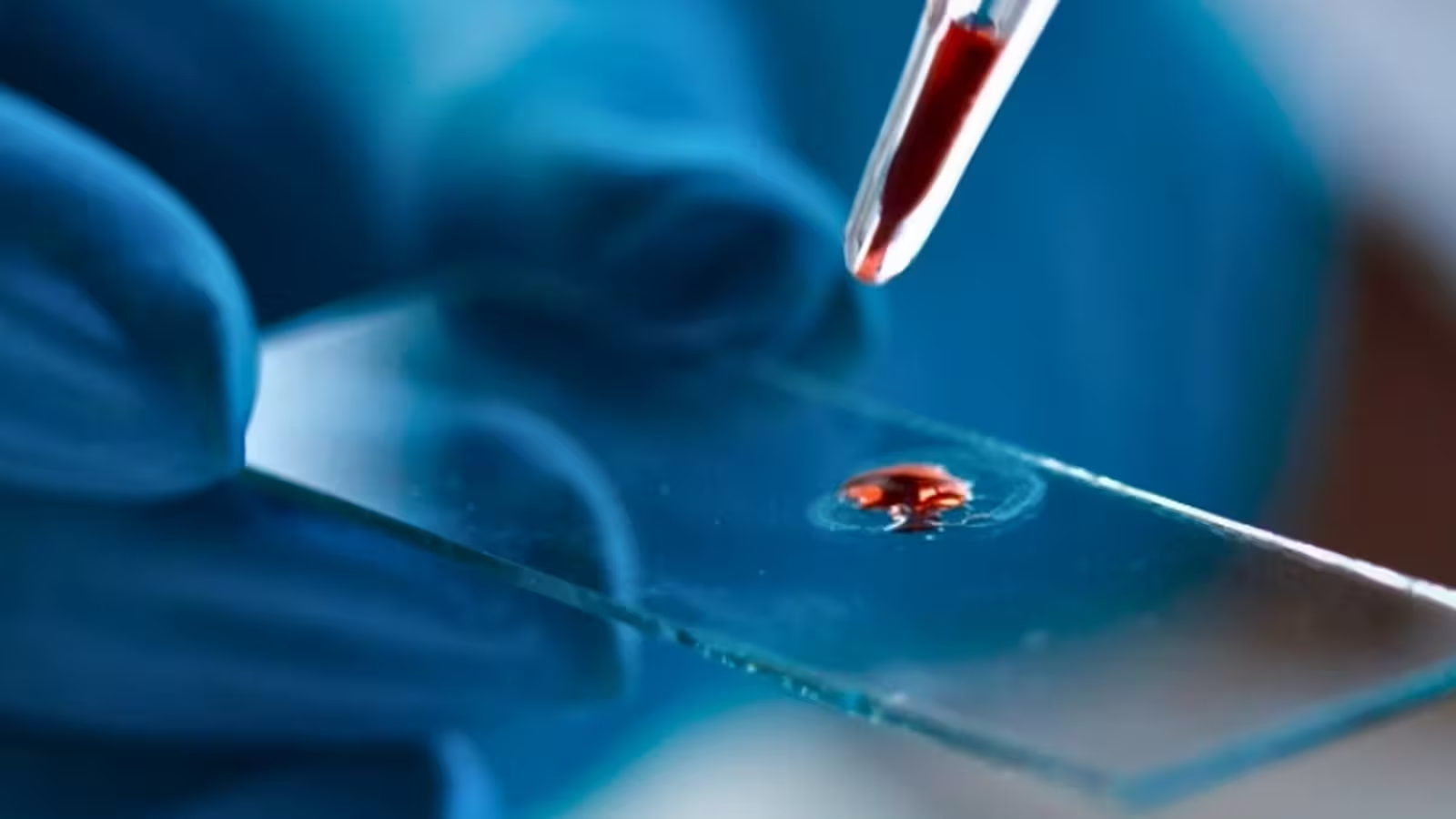5 Minutes
Unveiling a Global Blood Mystery: Beyond AB0 and Rh
While most are familiar with the common blood types—A, B, AB, or O, along with the Rh factor (positive or negative)—the reality of human blood diversity extends far beyond these basic labels. These well-known categories represent only two of more than 40 distinct blood group systems, each governed by minute yet vital molecular differences on the surface of red blood cells.
The significance of blood group compatibility reaches far beyond safe transfusion protocols. A recent case in Guadeloupe propelled scientists into uncharted territory, ultimately revealing what is now considered the world’s rarest blood type—a discovery that rewrites the boundaries of both genetics and transfusion medicine.
Solving the Case: Advanced Genetics and The Search for Compatibility
The medical case began with a patient from Guadeloupe whose blood could not be matched with any donor. Routine blood typing failed to identify compatibility, leading researchers to deploy next-generation genetic tools. By utilizing whole exome sequencing—which provides a comprehensive analysis of over 20,000 human genes—the team identified a unique mutation in the gene known as PIGZ.
The Role of the PIGZ Gene
PIGZ encodes an enzyme essential in the final steps of synthesizing glycosylphosphatidylinositol (GPI), a complex molecule anchoring key proteins and sugars to cell membranes. In this case, a missing sugar altered the molecular architecture on red blood cells, resulting in a previously unidentified antigen—the marker used to define blood groups.
This antigen led scientists to classify blood as either "Gwada-positive" (with the antigen) or "Gwada-negative" (without it). Using gene editing techniques, researchers replicated the PIGZ mutation in laboratory cells—validating that all tested donors were Gwada-positive, whereas the Guadeloupean woman remains the only known Gwada-negative individual globally.

Health Implications: Genetics, Blood Transfusions, and Beyond
The repercussions of discovering the Gwada blood group transcend mere transfusion logistics. The patient, besides facing blood compatibility barriers, experiences mild intellectual disability and has suffered the loss of two newborns—a heartbreak possibly linked to her unique genetic mutation.
Connection to GPI Deficiency Disorders
Scientific literature reveals that defects in enzymes tied to GPI biosynthesis frequently result in neurological challenges, including developmental delays and seizures. Similarly, women with inherited GPI pathway mutations have an increased risk of stillbirths—a pattern observed in the Guadeloupean case, underscoring the tight interconnection between genetics and clinical outcomes.
The Genetic Landscape of Blood Groups: Diversity and Medical Challenges
Our blood groups are evolutionary products shaped partly by defense mechanisms against infectious diseases—many microorganisms exploit these molecular markers to invade cells. Thus, blood type impacts not just transfusion compatibility but also susceptibility to specific infections.
However, when blood types are as rare as Gwada-negative, both diagnosis and treatment options become daunting. French researchers admitted that they could not predict how the patient’s immune system would react to Gwada-incompatible blood, nor could they easily locate potential Gwada-negative donors—if any others exist.
Future Technologies: Lab-Grown Blood and Personalized Medicine
The extreme rarity of blood types like Gwada points towards inventive solutions. Advances in regenerative medicine and biotechnology are making it feasible to grow red blood cells from stem cells, which can be genetically engineered to express or lack specific antigens. For ultra-rare blood types, this means the potential to tailor-make compatible blood in the laboratory by precisely editing genes such as PIGZ.

Gwada’s Place in Blood Typing: Recognition and Cultural Significance
The Gwada group is now recognized among 48 blood group systems by the International Society of Blood Transfusion. Its name derives from "Gwada," a colloquial term for individuals from Guadeloupe, grounding the scientific breakthrough in its Caribbean origins while resonating with global significance.
As genetic sequencing becomes more advanced and accessible, experts anticipate the discovery of further rare blood types, ushering both greater biological understanding and new complexities within personalized medicine and transfusion practices.
Conclusion
The identification of the Gwada blood group not only marks a major milestone in hematology and human genetics, but also illuminates the broader challenges posed by genetic diversity in medicine. In an era of precision healthcare, such discoveries underscore the importance of ongoing research, innovative therapies like gene editing, and the cultural dimensions that enrich global scientific progress. As science continues to unravel the secrets of our genetic makeup, each new insight brings us closer to safer, more effective, and more inclusive healthcare for all.



Comments